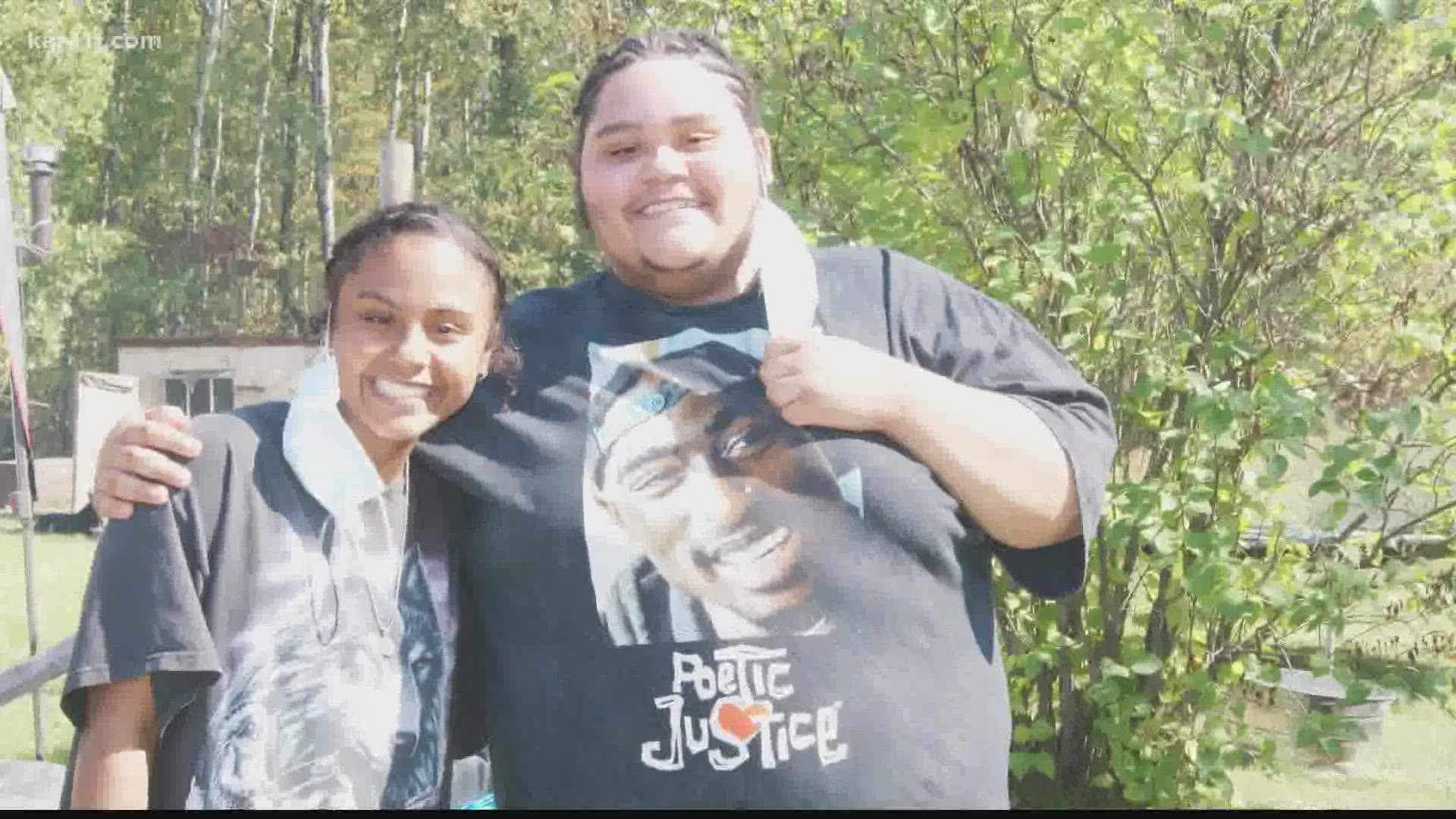MINNEAPOLIS — National Native American Heritage Month is coming to a close. But that doesn't mean the work stops for the American Indian OIC, or AIOIC.
The Minneapolis-based nonprofit specializes in workforce development education and advocacy with the urban American Indigenous population and anyone who wants to receive its services. And just as with many organizations, the last 20 months haven’t been easy.
American Indian OIC President and CEO Dr. Joe Hobot shares what they have remained focused on now and beyond November.
Hobot said first, the mandatory shutdowns during the pandemic and civil unrest near the AIOIC campus last year meant people had to leave their jobs. But Hobot said those same people are now looking for career placement and meaningful wages.
"They’re not just going to settle for minimum wage or settle for stringing together two to three jobs, which really wasn’t healthy for them, they weren’t able to spend time with family or participate in community or cultural events," said Hobot.
Hobot said American OIC provided services including education and job placement for over a thousand participants during the previous year, the height of the pandemic. He anticipates 2022 will be another banner year.
Jobs and education have always been a focus for American Indian OIC. That’s why Hobot said Takoda Prep High School is so critical. He calls the curriculum there a fully indigenized curriculum. It centers around Indigenous customs and practices, and melds the traditional and modern views students are living in now.
"In schools like Takoda Prep of American Indian OIC, it's Native American Month every month of the year and so it’s a preeminent focus on understanding and learning who you are as an American Indian person, who your elders were, your leaders were, and then getting into the nitty gritty about how policy affects us," Hobot said.
He adds the practices used at the school have been cutting edge. "When you validate the culture of your base constituency the students feel validated and they show up," he said.
Hobot is hopeful as he sees the examples students there are setting.
"It’s exciting to see the brilliance we have in our indigenous students that are coming up and how they’re melding our traditional ways with the modern academics and creating this third way of coexisting," Hobot said.
But AIOIC needs dependable facilities to provide services. That’s why it’s part of a newly-formed collaborative with 16 Indigenous organizations along the Franklin Avenue corridor called the Urban Indigenous Legacy Initiative. The collaborative is seeking funding to get new state-of-the-art facilities for failing and aged buildings. Hobot said some of those buildings date back to World War II.
"It’s incredibly challenging not only for an educational and workforce development center, we have daily behind-the-scenes battle with it," Hobot said. "Infrastructure, to the participant they don’t notice it, but to our IT team our facilities team they’re fighting a heroic, Herculean effort."
He adds that as the weather changes, rain or snow could mean leaks and freezing temperatures could mean pipes bursting.
Hobot said the collaborative has put forward a single proposal for capital investment and is working at every level of government to secure some of the American Rescue Plan Act funds. He called it a novel approach as the organizations that each provide niche services are all banding together.
"Their success is our success because it’s the same families we work with," Hobot said.
As far as the recent headlines about Indian boarding schools now the U.S. Department of the Interior is looking into the troubled legacy, Hobot said he expects some dark histories to be uncovered.
"We know that the American enterprise around boarding schools was nearly ten times larger than what Canada expressed and so we know what’s coming," Hobot said. But Hobot reminds people that Indigenous people are not relegated to the history text books.
"We're your neighbors, we're part of this community, we encourage everyone to, when applicable, to come and share in our cultural expressions for "wachipis" or the pow wows that we have," he said. He adds he hopes people will embrace the discomfort and help transcend it.
In early November, the University of Minnesota announced plans to extend “substantial financial support,” including in many cases completely free tuition, to enrolled members of the state’s 11 federally recognized tribal nations. Hobot called it a brilliant and overdue first step. He said more can be done but he is appreciative of the move.

